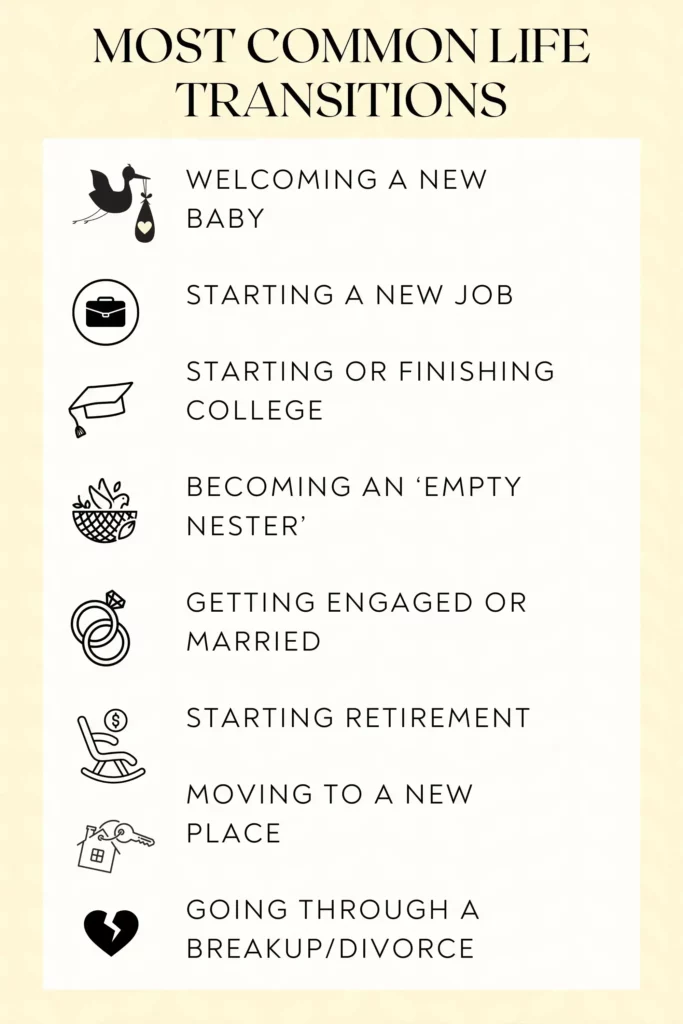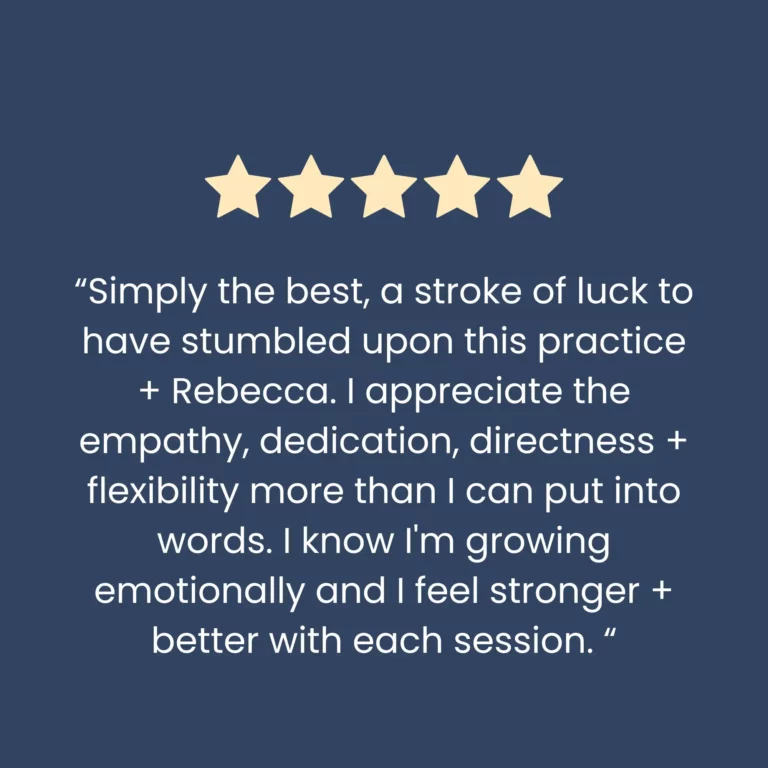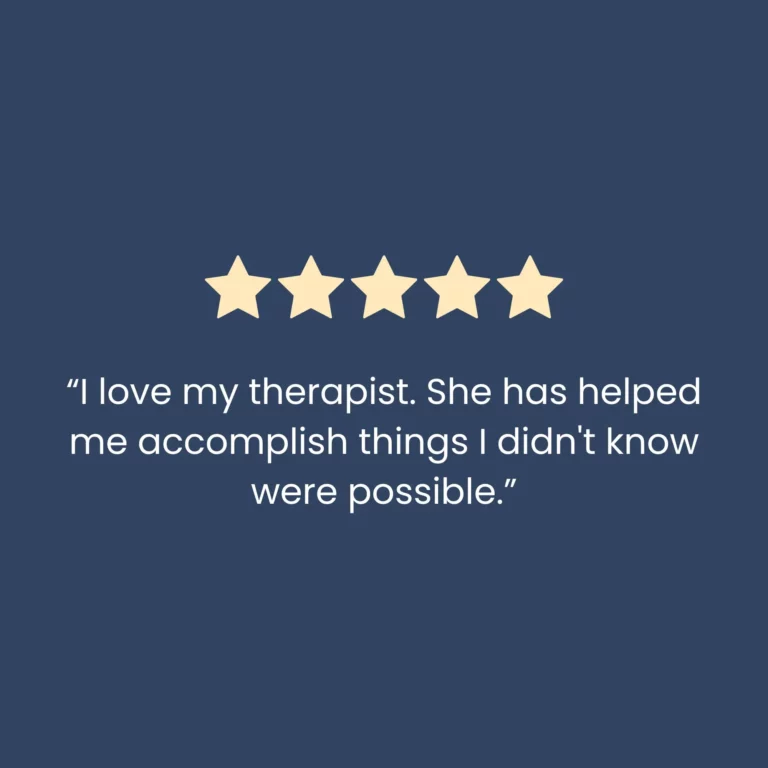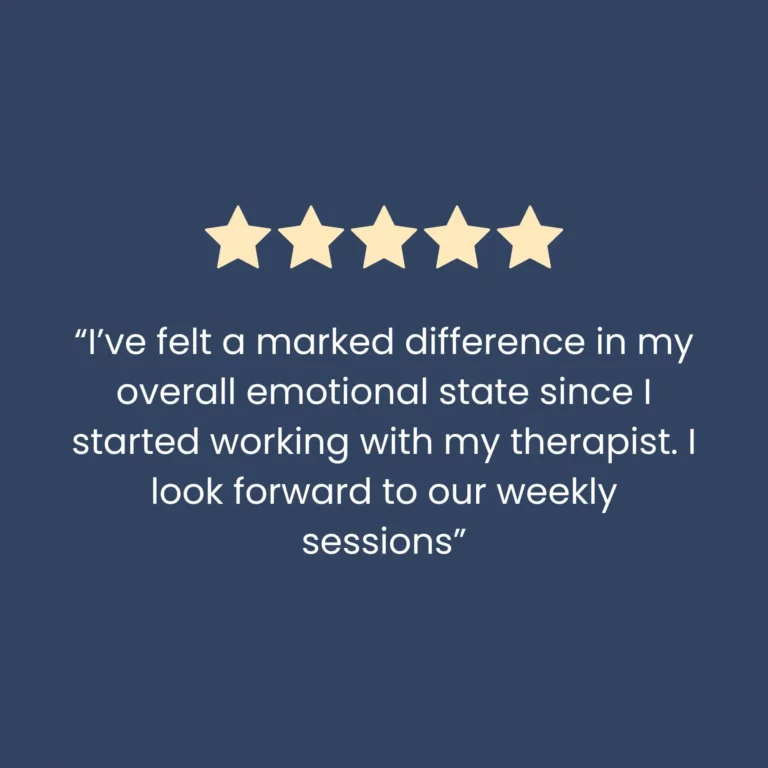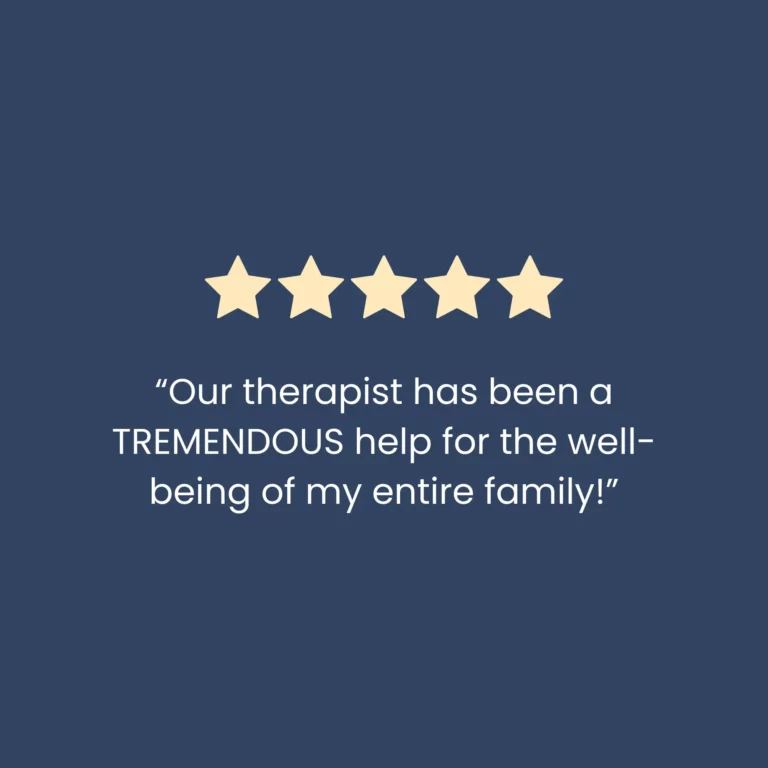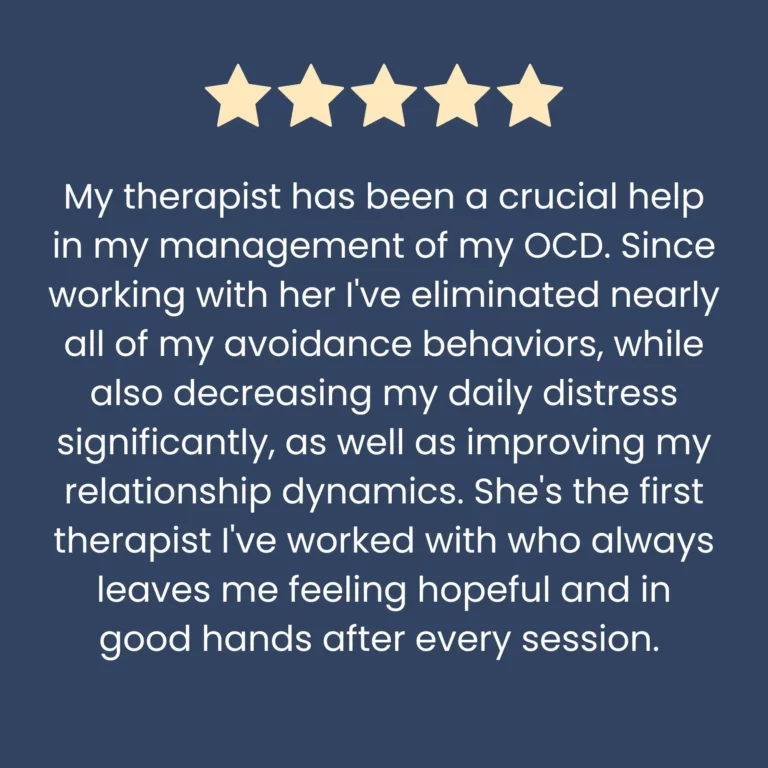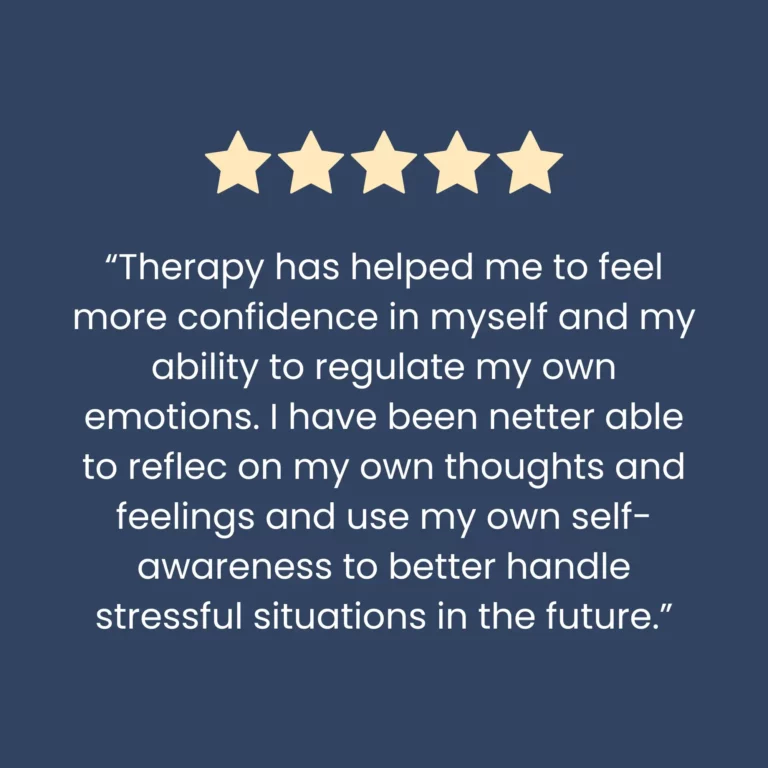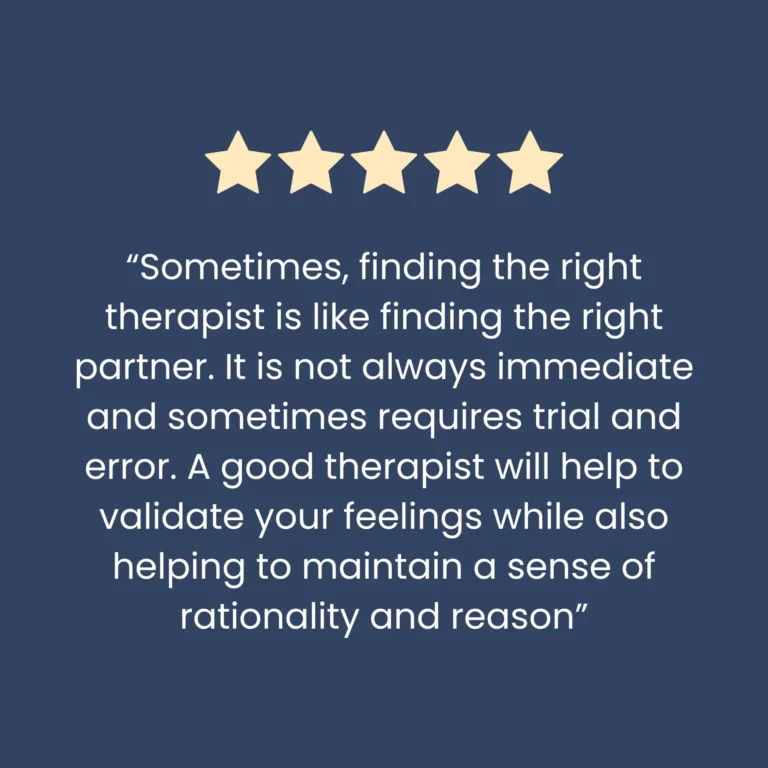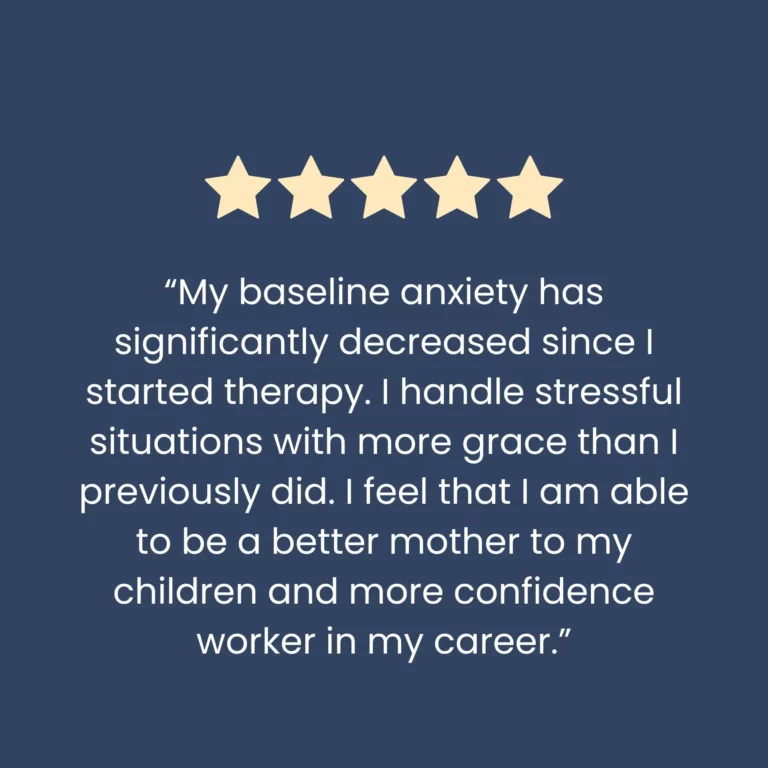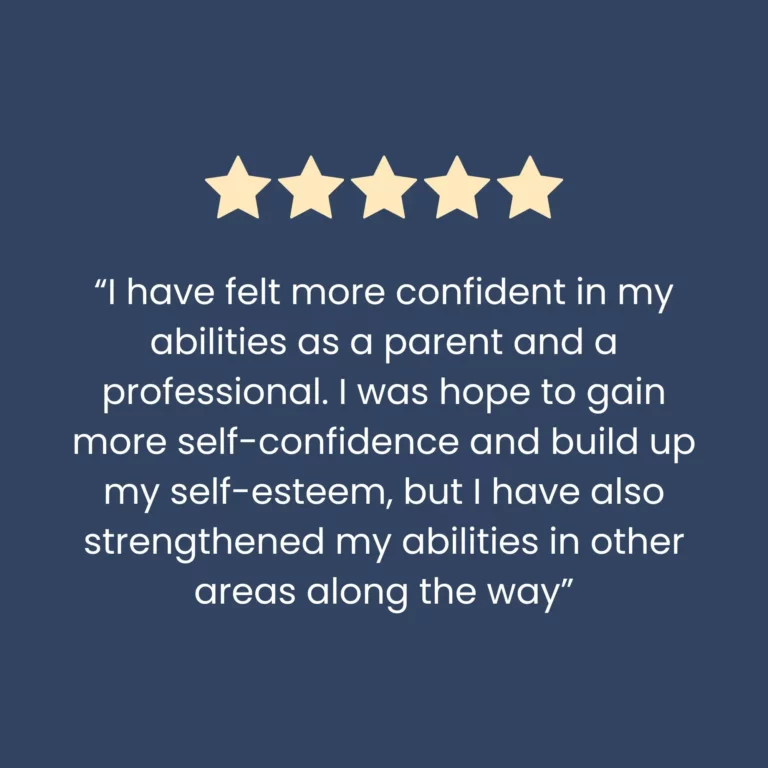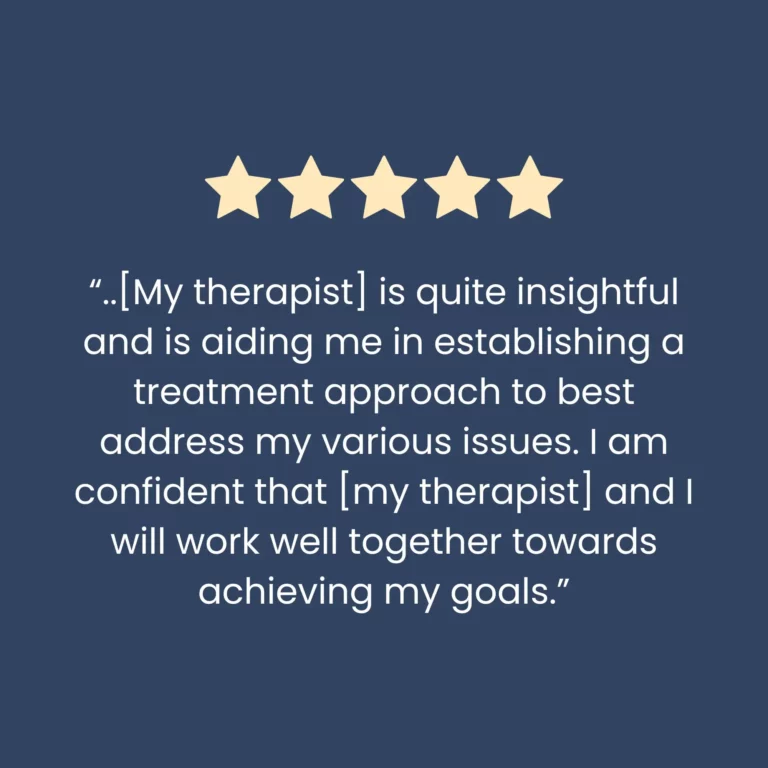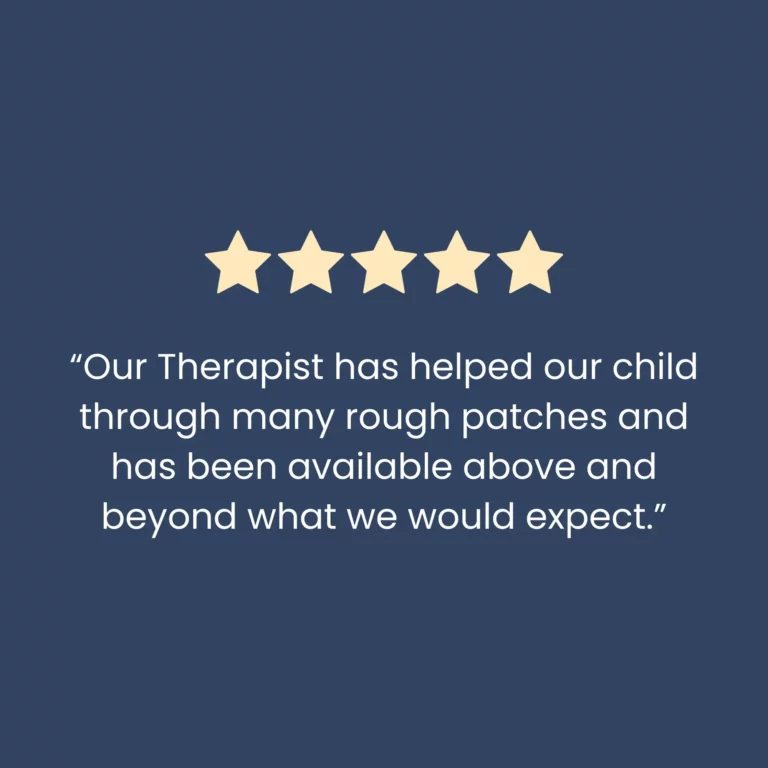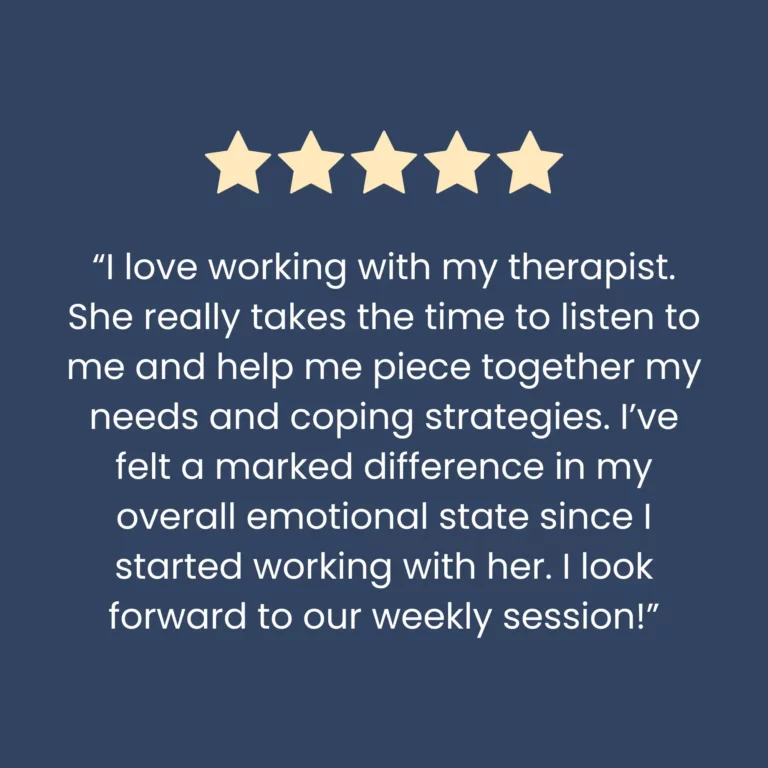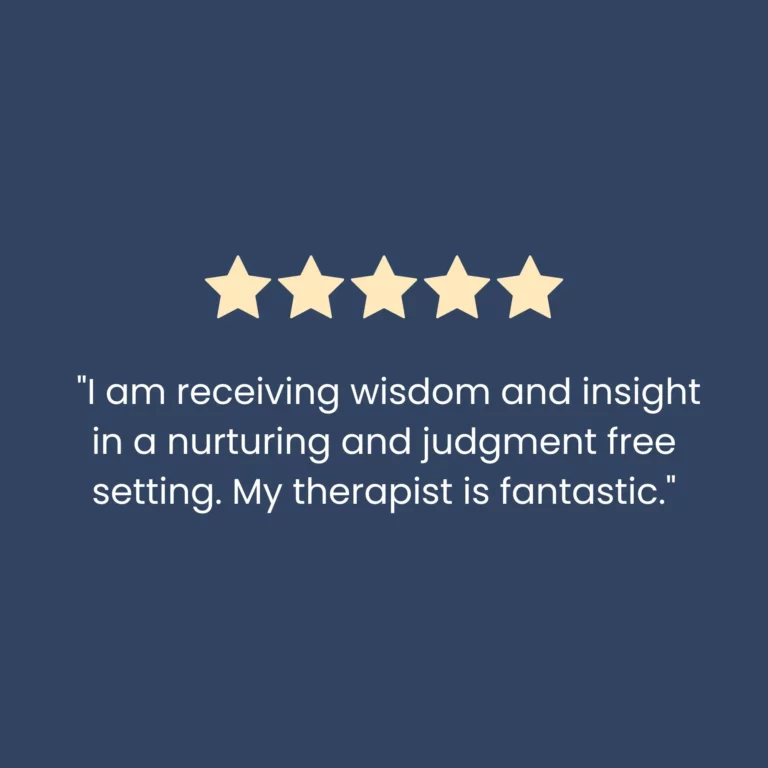
Coping with Change: Life Transition Therapy
Therapy can help ease the stress that individuals often experience when coping with change, and help restore a sense of balance. Although there isn’t one specific therapy for those coping with change &life transitions, there are several ways in which therapy support your process and make the journey of life more enjoyable and fulfilling. Our online therapy services in New Jersey specialize in helping individuals adjust to life changes, overcome stress related to new life transitions and learn how resilient they truly are.
How Therapy can Strengthen your ability to manage life transitions
Adjustment Therapy is a method designed to help clients navigate through these life transitions with strength and resilience. Whether you’re facing career shifts, relationship changes, or personal growth, we’re here to guide you. Our approach is tailored to those ready to find balance through life transitions and changes in New Jersey.
…
The objectives of life transition therapy vary based on the specific changes an individual is experiencing. Generally, the primary goal is to assist individuals in coping with stress, anxiety, or other common symptoms associated with change and transition.

Common Life Transitions Include:
Adapting to change looks different for everyone, but typically, this therapy helps individuals manage the emotional and mental challenges that come with change. It equips them with the skills needed to embrace and adjust to new circumstances.
Therapy includes a range of techniques, from traditional talk therapy and behavioral therapy to self-care practices, mindfulness techniques, and other supportive methods tailored to the individual’s needs such as alternative mental health services.
- Starting a New Job
- Retiring
- Leaving Home for the First Time
- Starting a New Relationship
- Getting Married
- Pregnancy and the Birth of a Child
- Relationship Changes: Separation or Divorce
- Relocating
- Aging and Menopause
Goals of Therapy for Coping with Change & Life Transitions
Life is full of transitions, each bringing its own set of challenges and opportunities for growth. Whether it’s a career shift, relationship change, or a significant life milestone, adapting to these transitions is crucial for personal well-being and fulfillment. Below are some of the most common life transitions and ways to navigate them effectively.
Personalized Therapy for Coping with change
Every individual’s experience with change is unique. That’s why our therapy is tailored to meet your specific needs. Our therapists use a range of techniques to help you understand and manage your reactions to life transitions. We offer personalized online therapy for coping with change, ensuring that you receive the care and attention that suits your individual situation.
Online therapy sessions are designed to help you build resilience during life transitions. We understand that change can be overwhelming, and our therapists are here to provide the support and guidance you need.
Signs You May Be struggling with
Coping with Change
- Avoidance:
- Ignoring the problem or pretending it doesn’t exist.
- Substance Abuse:
- Relying on drugs, alcohol, or other substances to numb feelings.
- Overeating or Under-eating:
- Using food as a comfort or control mechanism.
- Excessive Sleeping:
- Sleeping too much to escape reality.
- Isolation:
- Withdrawing from friends, family, and activities.
- Denial:
- Refusing to acknowledge the reality of the situation.
- Overworking:
- Immersing oneself in work to avoid dealing with personal issues.
- Aggression:
- Directing anger and frustration towards others.
- Mood Fluctuations:
- Experiencing irritability, crying and/or sadness
Tips for Coping with Life Transitions
- Seeking Support:
- Talking to friends, family, or a therapist about your feelings.
- Physical Activity:
- Engaging in exercise or physical activities to relieve stress.
- Mindfulness and Meditation:
- Practicing being present and reducing anxiety.
- Journaling:
- Writing down thoughts and feelings to understand them more clearly.
- Healthy Eating:
- Maintaining a balanced diet to support overall well-being.
- Setting Boundaries:
- Knowing when to say no and protecting personal time and energy.
- Creative Expression:
- Using arts, music, or writing to express and process emotions.
- Relaxation Techniques:
- Engaging in deep breathing, progressive muscle relaxation, or yoga.
Meet Our Providers
➜ Read More
Our Areas of Speciality
Therapy for Anxiety
Anxiety therapy is one of the most common reasons individuals come to therapy, and our expert therapists are ready to help you overcome anxiety and reclaim your life.
Therapy for OCD
Online therapy for OCD gives clients the skills to break from the patterns of OCD, employing proven strategies to overcome OCD & reclaim the joy of life.
Therapy for Depression
Getting therapy for depression may feel overwhelming, but our depression therapists are compassionate and effective in treatment for depression in New Jersey.
Therapy for Stress
Therapy for stress management will help you adapt how you respond to life’s challenges, allowing you to live with more peace, focus, and joy.
Therapy for Phobias
Online therapy for phobias helps clients manage and overcome fear and panic. Our dedicated team is here to support you on your journey to reclaim your life.
Therapy for Trauma
Trauma Counseling serves as a valuable tool for individuals struggling with symptoms related to PTSD & stress.
Therapy for Grief
Online grief counseling offers a space to understand and process your feelings, ensuring that whatever the source of your grief, you’re not navigating this journey alone.
Therapy for Teens
Online therapy for teens includes options for creative art therapies, VR therapy as well as traditional talk therapy for teens.
Our Therapy Approaches
Ketamine Assisted Therapy
Ketamine Assisted Therapy has been shown to reduce the symptoms of PTSD, depression, anxiety, chronic pain and more.
Virtual Reality Therapy
Virtual Reality Therapy helps clients overcome phobias, anxiety disorders, and other mental health conditions by exposing them to their fears in a controlled, safe environment.
Expressive Art Therapy
Art can be a helpful support tool in therapy to help with communication, expression, mindfulness & grounding.
Cognitive Behavioral Therapy
CBT is present-focused, making it especially effective for those seeking tangible results.
Emotion-Focused Therapy
In EFT sessions, the therapist and client work together & the therapist assists clients in deciphering their emotions rather than imposing interpretations.
Exposure Therapy
Through exposure therapy, our therapists will introduce you to the very things that trigger your fear.
Types of Therapy we offer
How Therapy Can Help You Through Life Transitions
At Mind by Design, we believe that change, though challenging, can be a powerful opportunity for growth and self-discovery. Our therapy sessions aim to empower you to embrace these changes, equipping you with the tools and strategies to navigate life’s ups and downs. With our support, you can turn life’s transitions into opportunities for personal development and growth. Here are a few Strategies for Adapting to Change
- Focusing on physical and mental health
- Finding time for relaxation and balance
- Managing the impact of multiple changes
- Seeking support from our professional therapists, offering the best online therapy for major life events
Frequently Asked Questions about Online Therapy
Where are you located? I need a therapist near me
We are fully online, which means that your therapy sessions will be help via video call on our HIPAA compliant Platform. Anyone in New Jersey can access our therapy services
How do I get started as a new client?
New Clients can reach out to us directly via call, text or email here:
Does my insurance cover my visits?
We provide”Courtesy Billing” for clients who are using the Out-of-network insurance benefits.
Our Insurance Page might answer your questions about your insurance information, cost and OON coverage.
What are out-of-network benefits?
Visits our FAQ About Insurance to learn more about OON coverage for mental health services. We can also check your benefits for you. When using OON benefits, patients typically pay the full cost of the treatment upfront and then file a claim with their insurance company for reimbursement.
Is Online Therapy As Effective As In-Person Therapy?
Online therapy is essentially face-to-face counseling, just conducted remotely. Studies show that tele-therapy is as effective as traditional counseling. Professional organizations and state governments recognize its benefits and have set regulations for it. However, like any therapy, its success in achieving your goals isn’t guaranteed. It’s important to discuss with your therapist whether tele-therapy is working for you.
How Should I Prepare for My First Session?
Showing up is all that you need to do! But if you really want to get the most out of session, it could help to take some time to think about what you want from therapy. It helps to write down your goals, questions you have or things that you feel are important to share.
Do you offer traditional talk therapy?
of course! though we have some unconventional therapy approaches, we are rooted in evidenced based practices. Talk therapy is a major player in the therapy room! See What we Treat and Integrative Services for more information
Is Virtual Counseling Suitable for Everyone?
Online therapy might not be as effective for individuals with chronic suicidal thoughts, severe trauma, significant mental health history, or those recently in intensive care. Such cases often benefit more from traditional, in-person counseling. We’ll help you decide if our online services are right for you during your intake and evaluation.
Can I Change Therapists If I'm Not Happy?
Yes, you can switch therapists to another provider within the practice, or we can provide you a referral if preferred. We want to ensure that your time and effort are well spent, and that you are getting the relief you need, that’s why we work collaboratively with each other in the practice, as well as outside therapists who we know and trust.
How Do I Know If Therapy Is Helping?
You should feel like you’re making progress. Signs it’s working include:
- Feeling comfortable talking to your therapist
- Your therapist respects boundaries
- You’re moving towards your goals
- You feel listened to
You’re doing better in life - Your self-esteem is getting better
What is your cancellation policy?
We ask that clients provide at least 24 hours notice in the event that they need to cancel to avoid the 50% cancellation fee. we understand that life happens and do our best to be flexible & reschedule.
What Geographic Areas Are Served?
Currently, we serve clients in New Jersey and are expanding to other states as telehealth laws evolve. While telehealth offers the convenience of attending sessions from anywhere, state laws require clients to be in-state during their session.
Is Online Therapy Easy to Use for Non-Tech-Savvy People?
Yes, it’s pretty simple to access sessions. You’ll need basic internet skills, such as opening and visiting the patient link sent to you via email. It’s similar to video chatting like Facetime or Zoom. We can also walk you through it on the phone the first time to ensure a strong connection
What Questions Should I Ask My New Therapist?
Feel free to ask anything. Some good questions are:
- How often will we meet?
- What do you specialize in?
- What experience do you have with my issue?
- What outcomes can I expect?
- How will I know I’m progressing?
- How long do you usually work with clients?
- How will we set my treatment goals?
What is the difference between associate therapists & fully licensed therapists?
Our Qualifications:
Our founder, Rebecca Sidoti, is a highly qualified, state-licensed therapist and supervisor with extensive training in anxiety related disorders and innovative treatment such as Ketamine Therapy. Mind by Design Counseling adheres to standards set by the our governing counseling boards.
To see each providers credentials, training and licenses, visit our “Meet the Therapists” Page to learn more.
- LAC/LSW are therapists who may practice clinical work under the supervision of a fully licensed therapist.
- LPC/LCSW are therapists who have completed the necessary clinical hours post-graduation under supervision and can practice clinical work independently.

